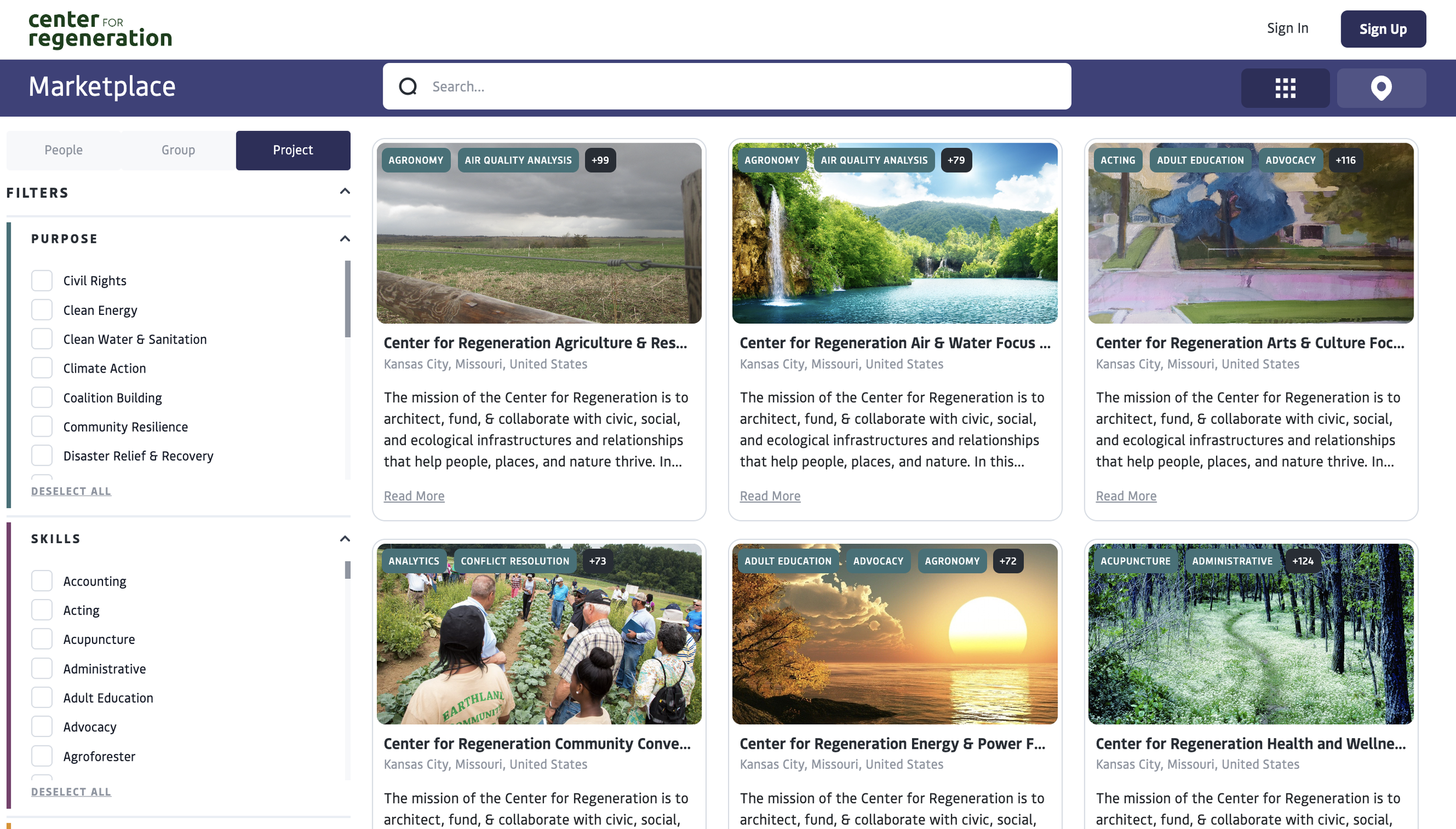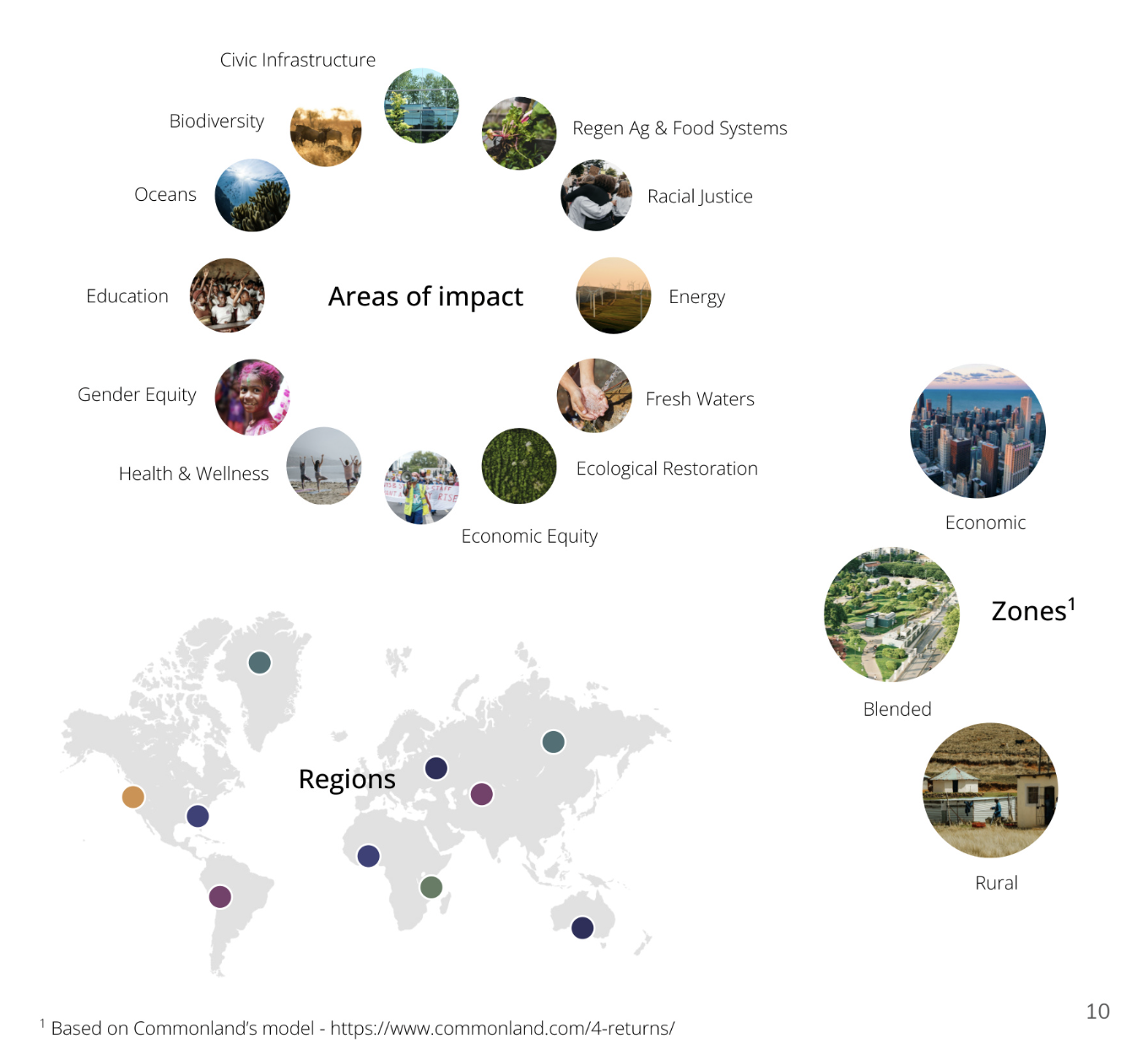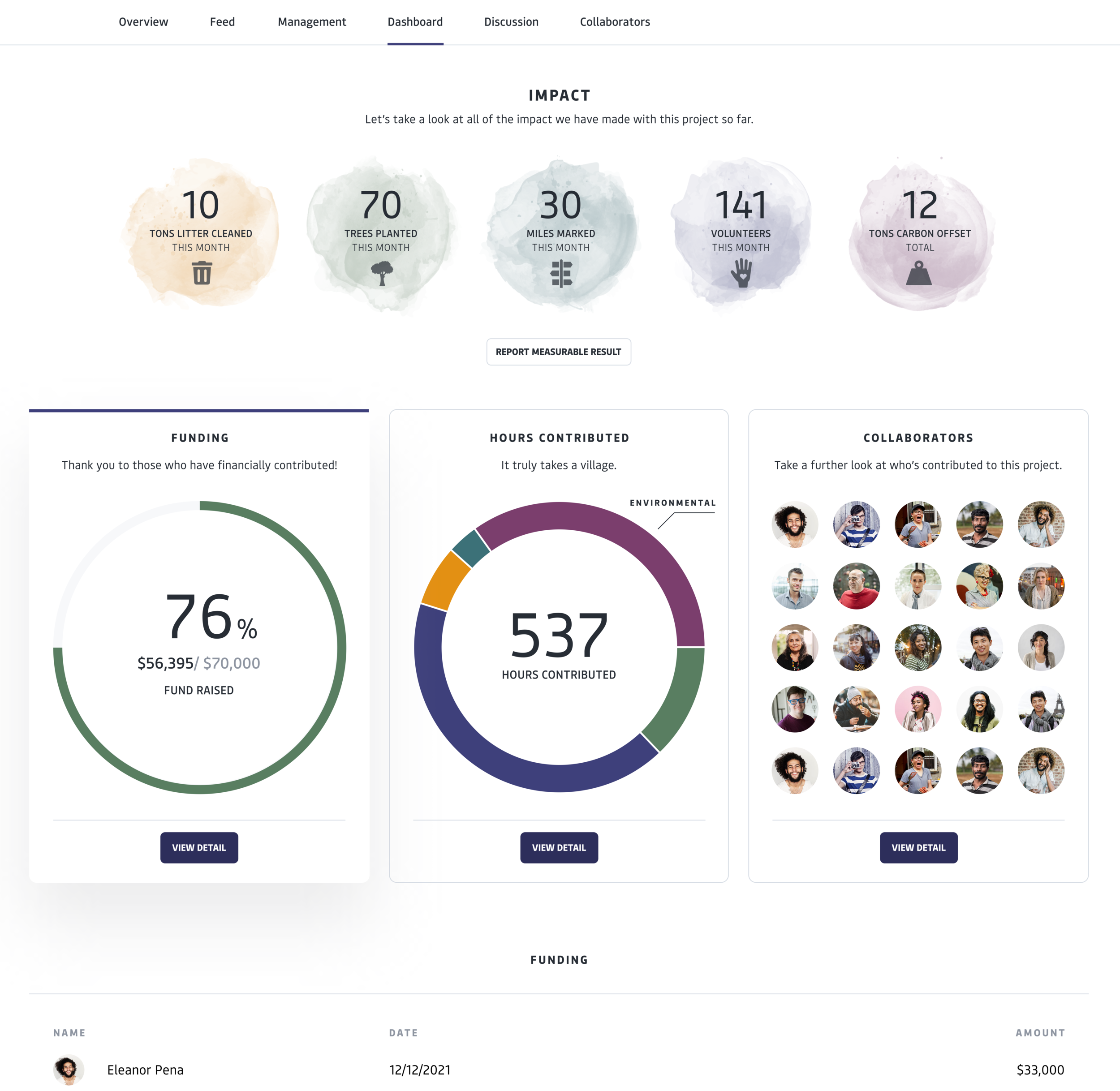2022
Impact Report

As 2022 comes to a close, we at Open Future Coalition are reflecting on the progress we’ve made this year.
At the beginning of the year, we set out to advance shared infrastructure; curate and improve best practices and solutions; apply, learn from, and scale prototypes; model new forms of governance and value exchange; and resource and grow a movement of movements.
We are proud of both how we have advanced these aims, and our agility in learning and refining what is truly in service to our growing global community committed to local resilience. By combining diligence with deep listening, we were able to both refine our aims and explore emergent possibilities.
Highlights included:
The Beta release of the Open Impact platform
The release of the first interoperable white labels of the Open Impact platform, enabling us to pilot many-to-many network building
New programming culminating in our inaugural Open Future Forum
The launch of new bioregional prototypes through the Center for Regeneration
The advancement of new funding models through Open Future Fund
(Read more on these projects in the sections below.)
In the coming year, we look forward to further advancing our efforts innovating social, technical, and financial tools that support our ability to collectively innovate on, resource, and apply solutions to the world’s most pressing issues. Highlights to look out for include the launch of tools for distributed research and media, opportunities for in-person and online convenings, further invitations to engage as members of the Center for Regeneration, and announcement of a few exciting new partnerships.
In the meantime, we are filled with deep, deep gratitude. When people ask us how we do so much with so small of a team, the answer is, we don’t. We strive to live by our own model—leaning on opportunities to bring together collaborators with common goals and strengths, and participating in skill and knowledge exchange within our network, knowing we are for more capable together than any of us can be on our own.
Wishing you replenishment for the year ahead,
Kaiti, Jamaica, and the Open Future Coalition team
A SPECIAL THANK YOU TO OUR PARTNERS
Our profound thanks to all who have served as partners and allies in co-convening, imagining, modeling use cases for shared infrastructure, and serving as examples in your vital work. We look forward to continuing to learn and do together.




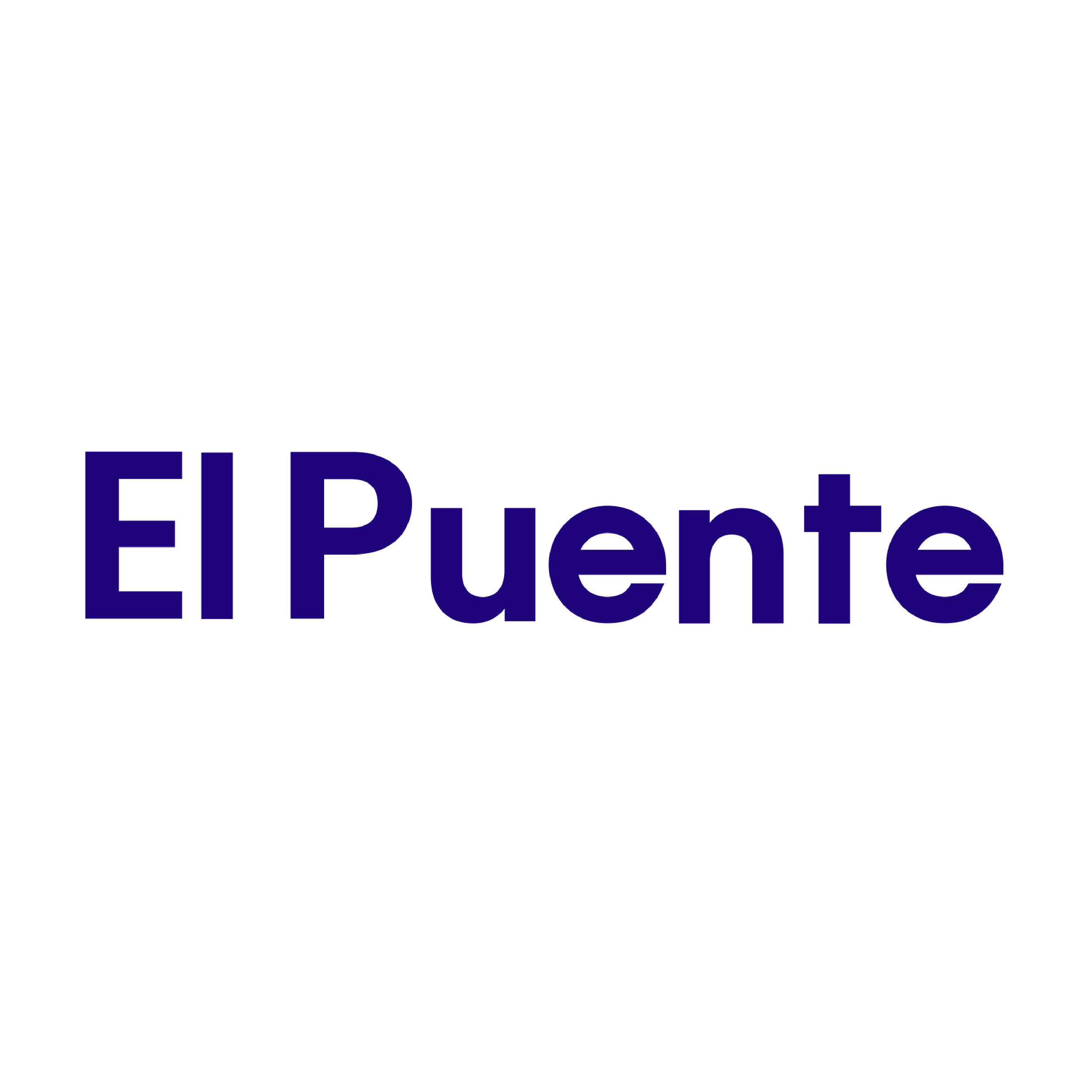
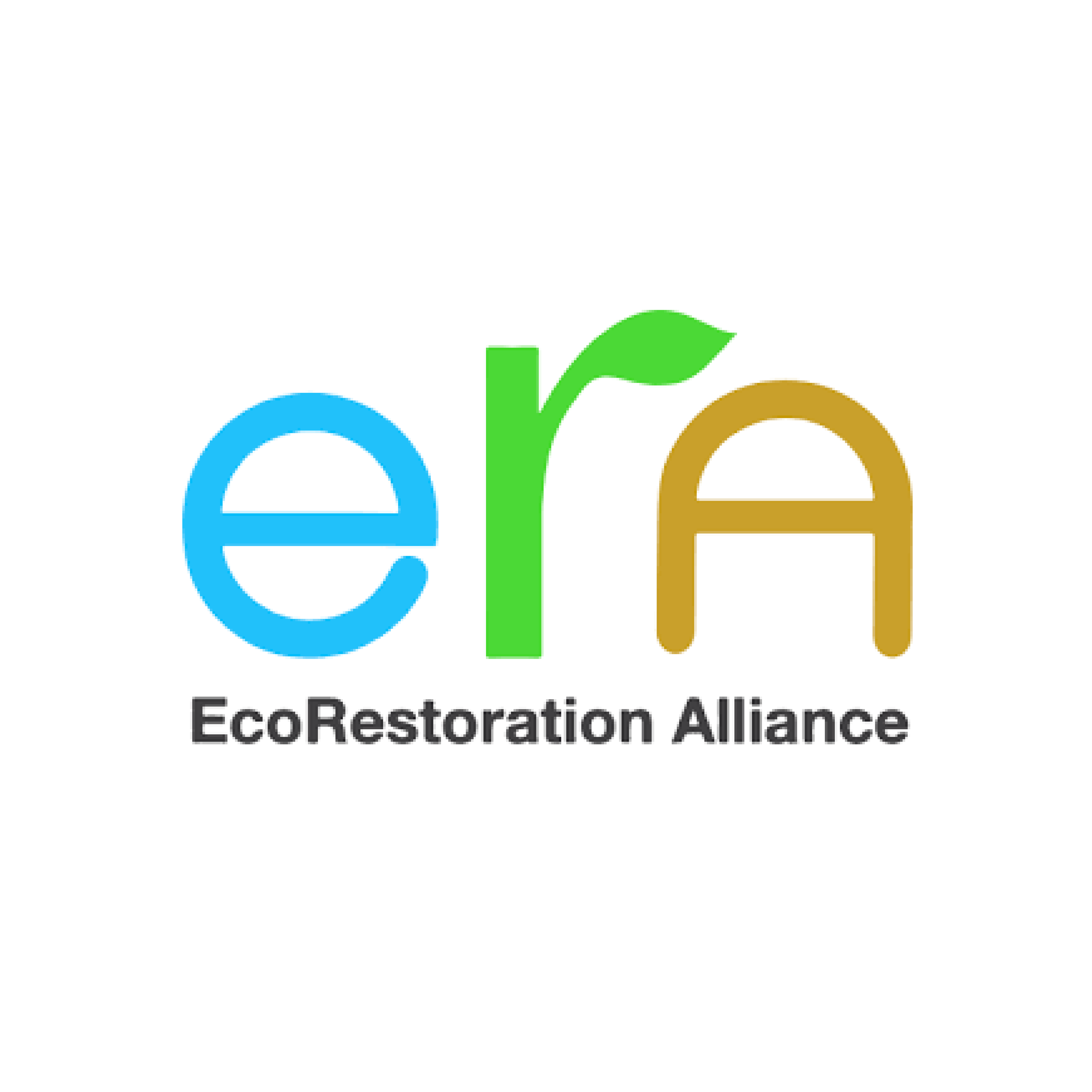

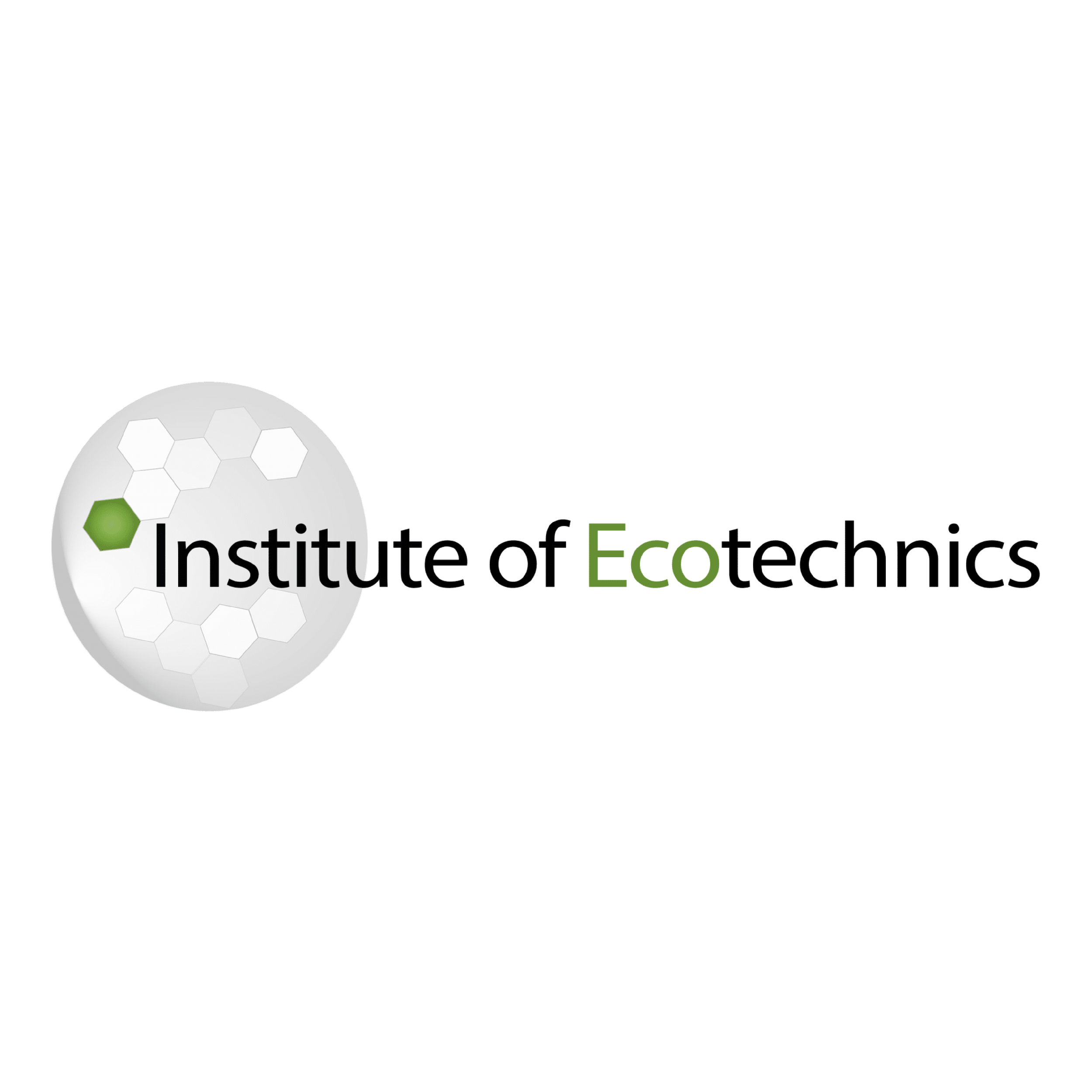




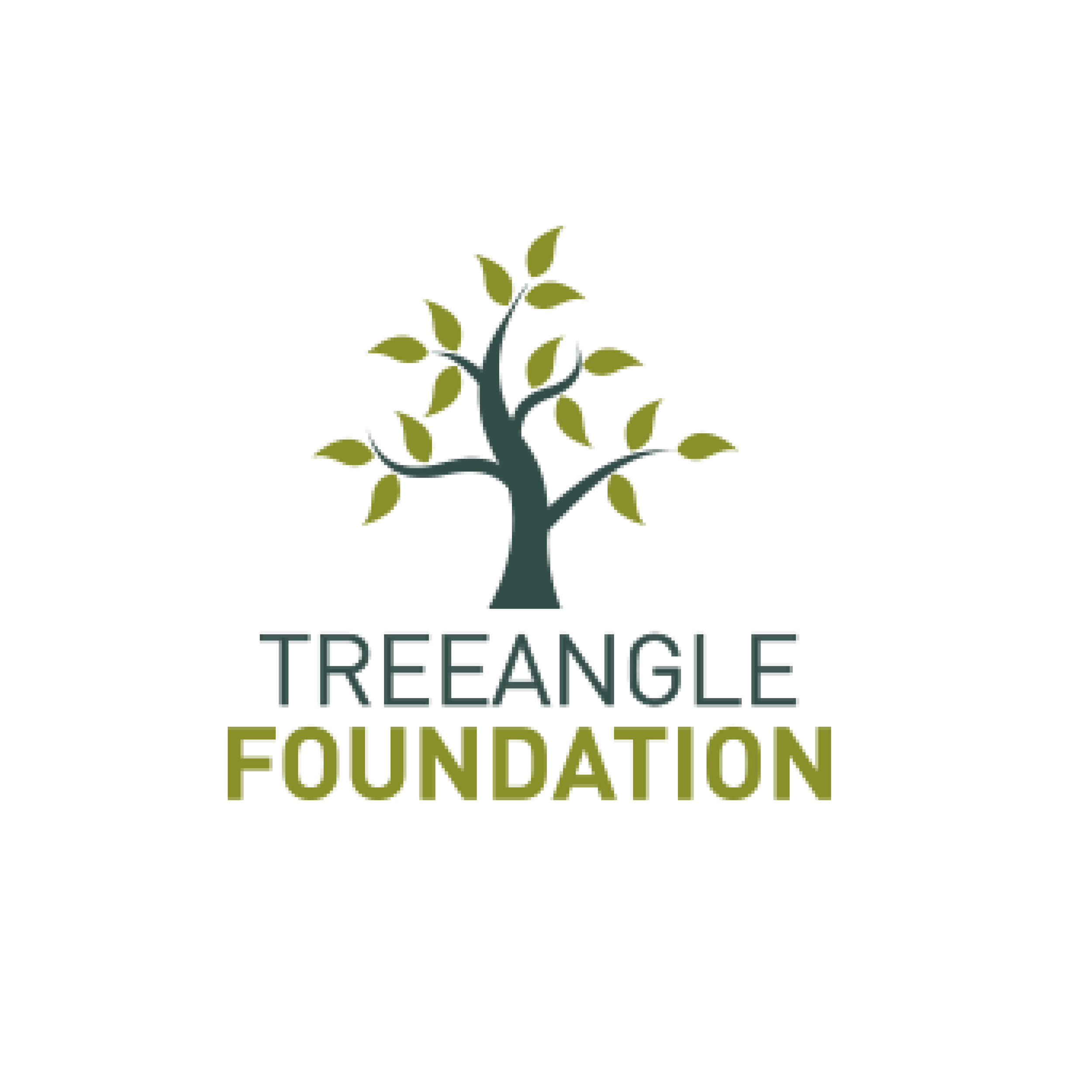

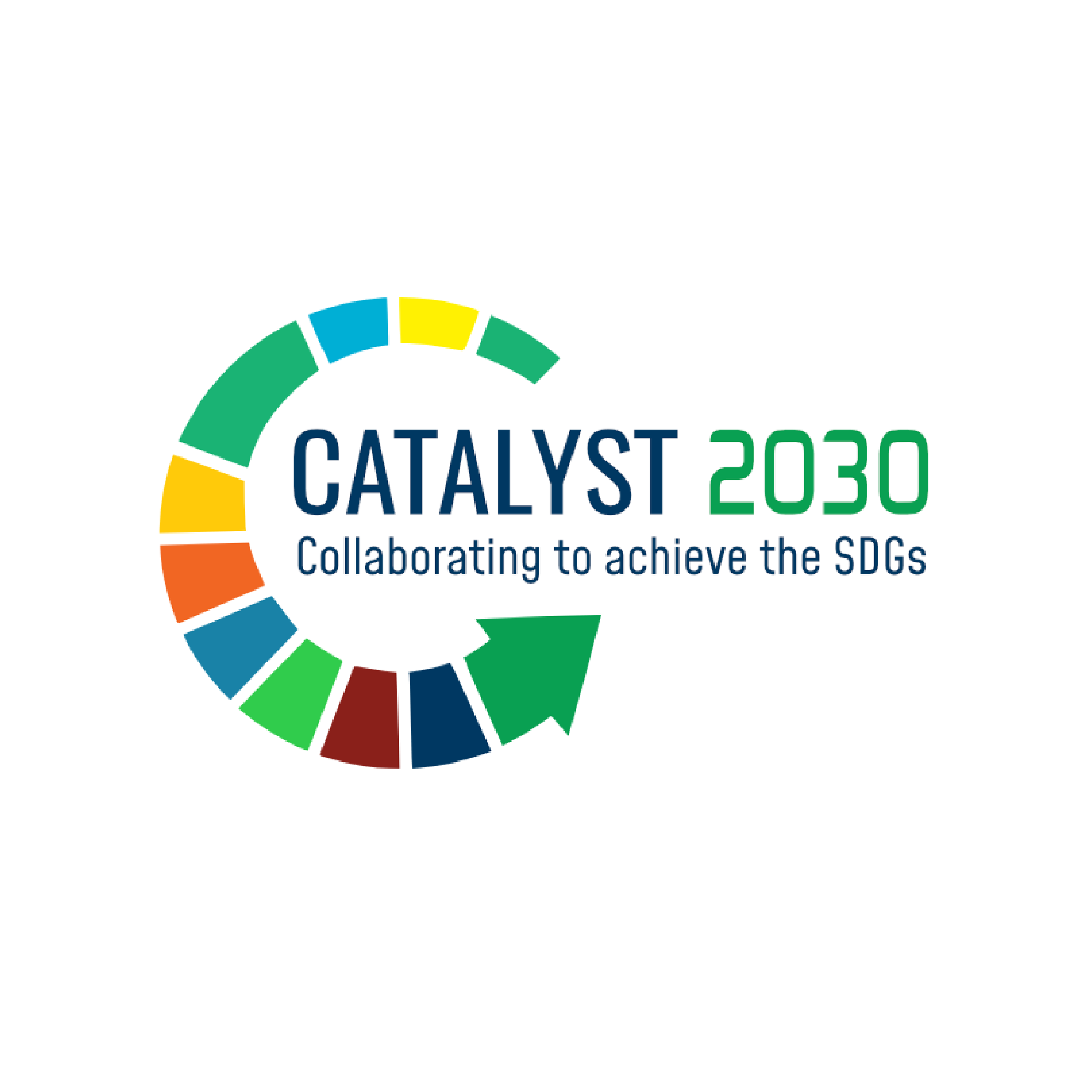
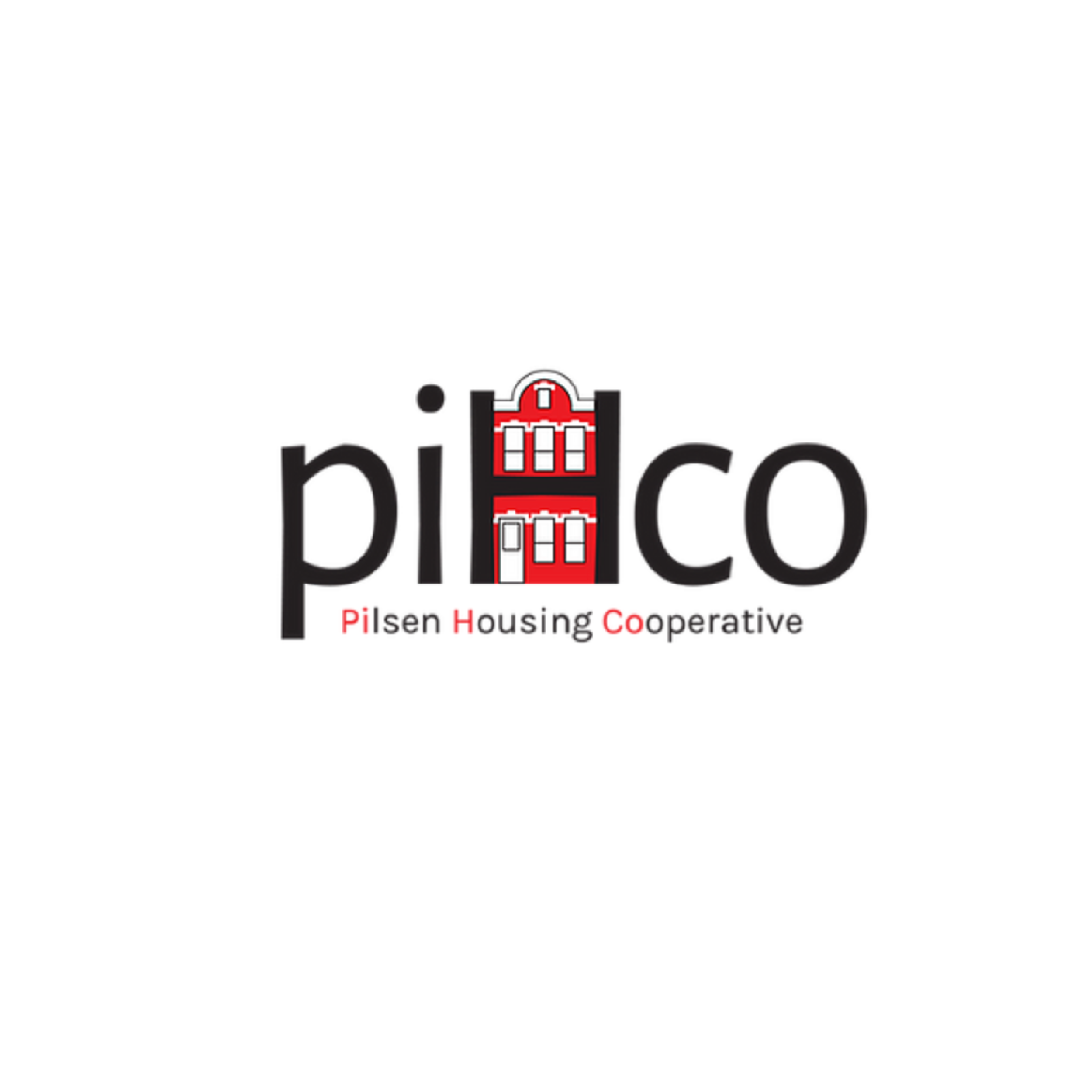




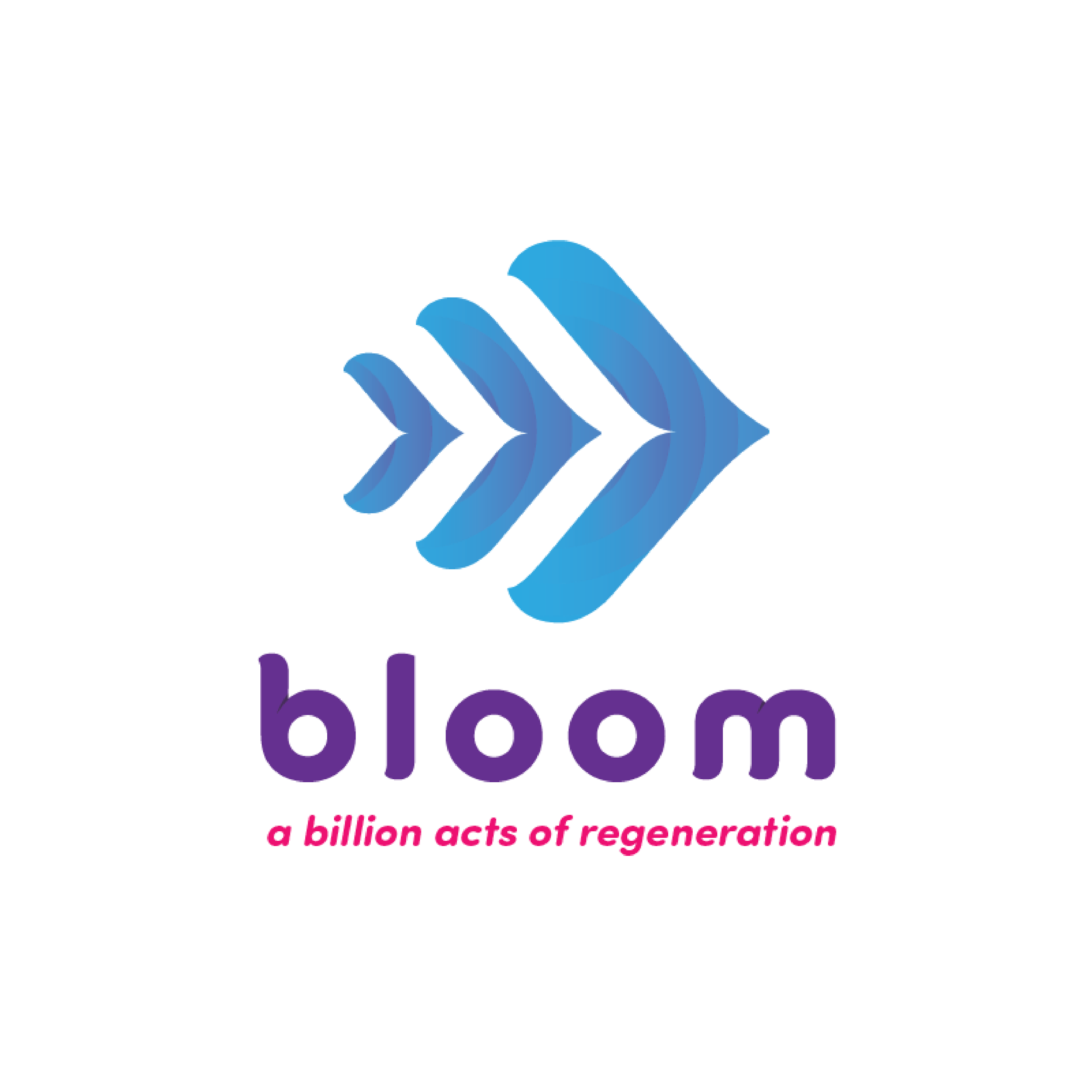






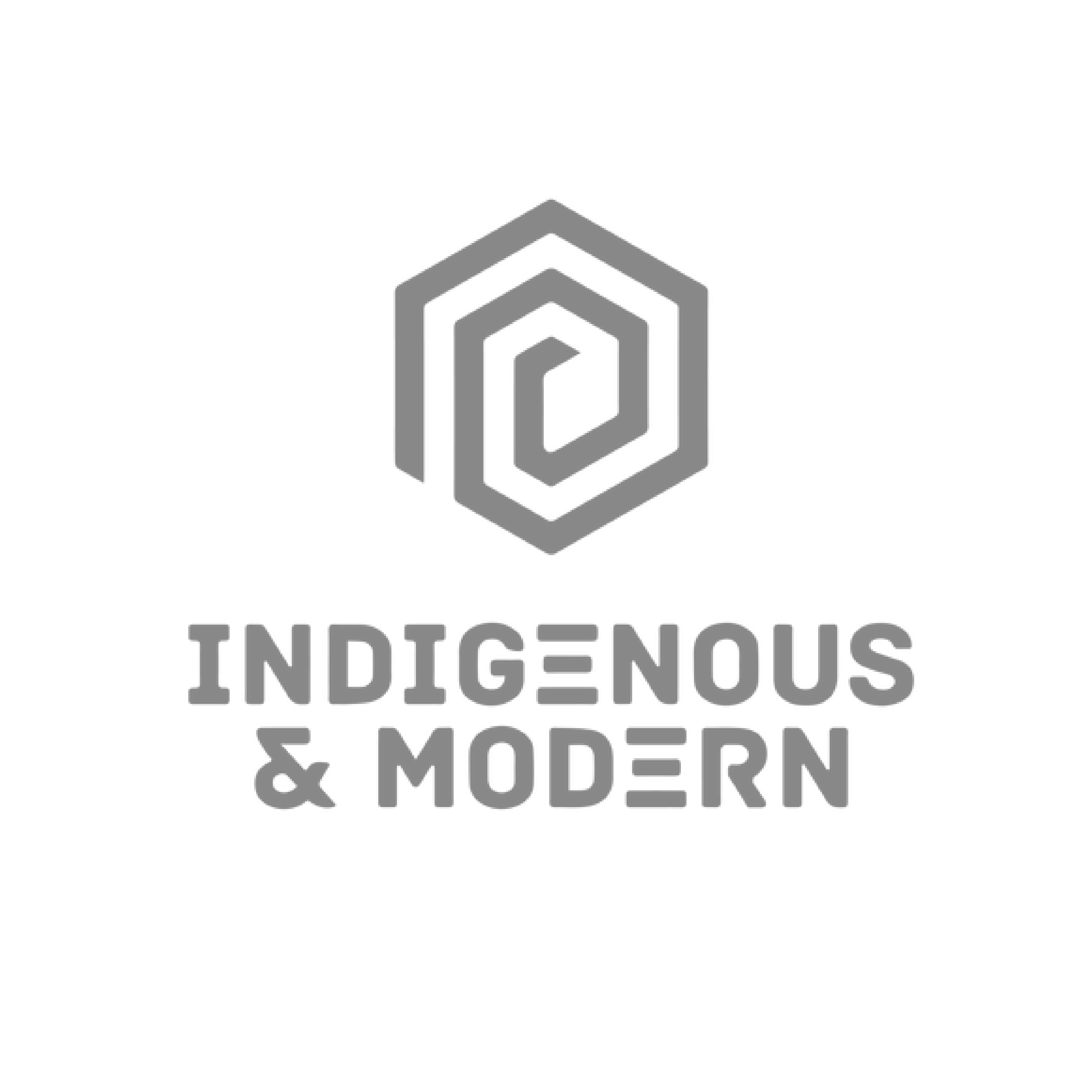






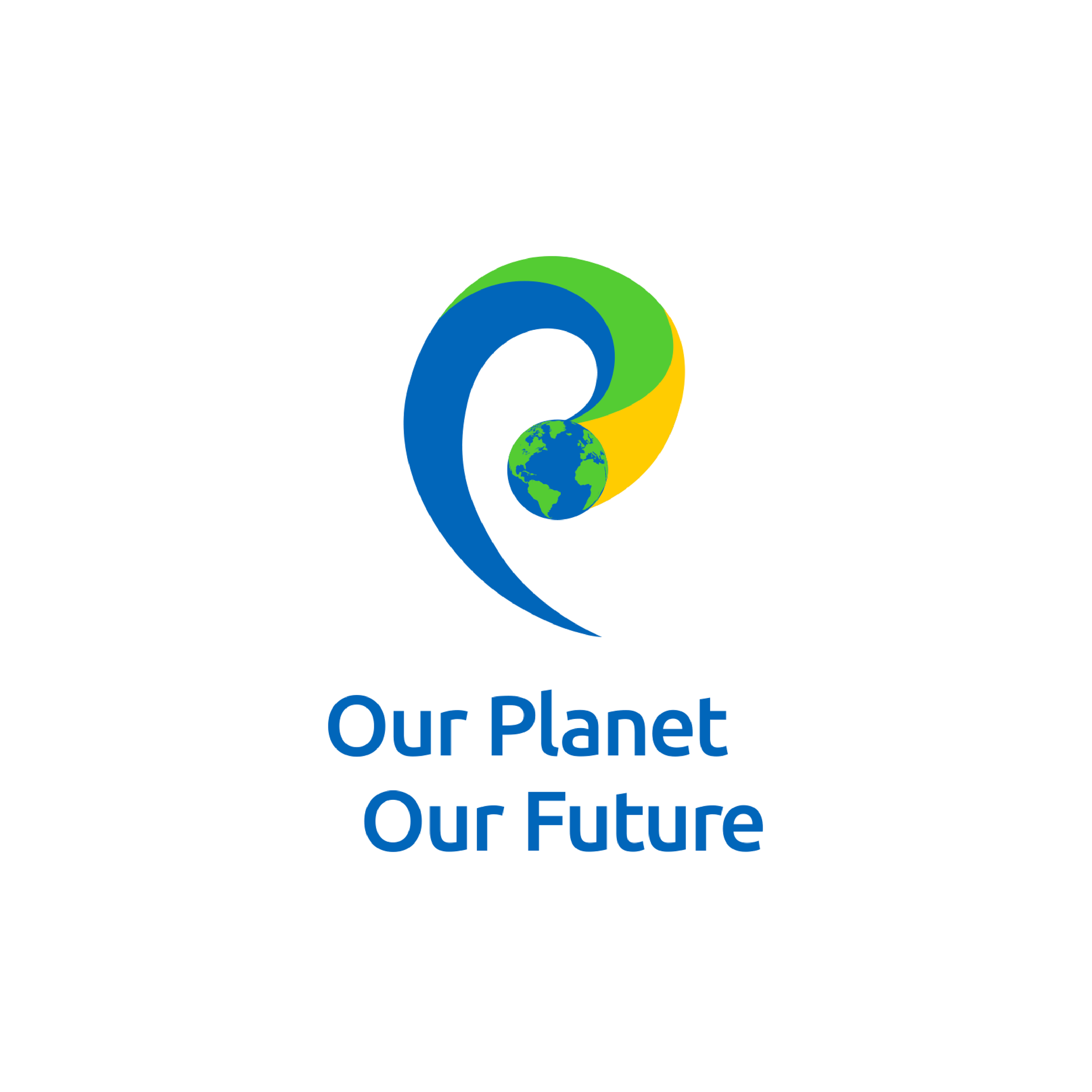
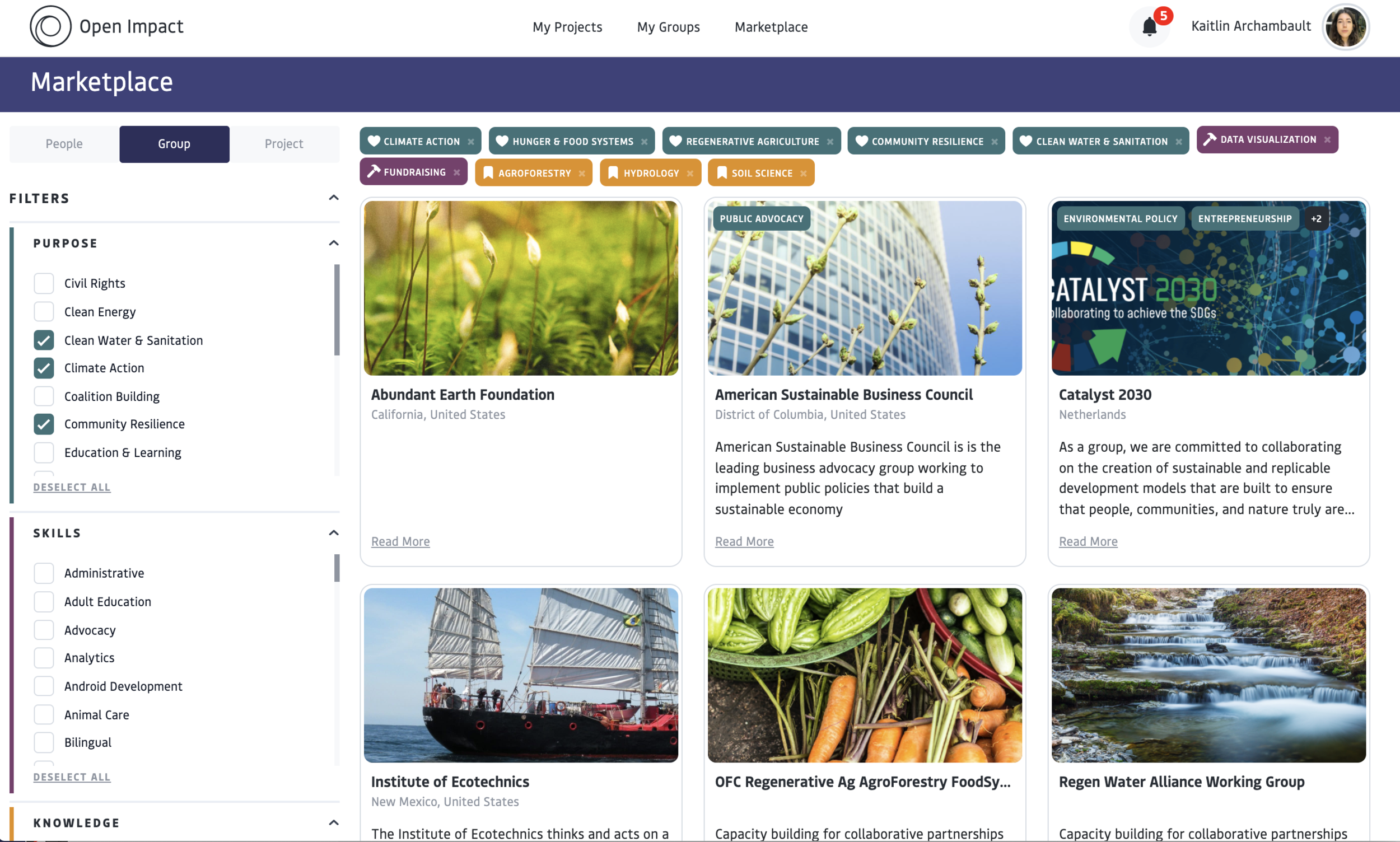
Growing a platform for the people with the Beta release of Open Impact

This year, we brought the Open Impact platform from Alpha to Beta, expanding from 30 organizations in 13 countries to 267 organizations in 51 countries with features like:
Measurable results dashboards
Donations
Calendars & events
Custom workflows & curricula
We also launched our first custom configurations for networks with groups like the EcoRestoration Alliance and Kinship Earth: allowing networks to curate their own branded spaces, while remaining fully interoperable with and visible to our broader global network. This functionality enables us to better serve member associations, federated organizations, foundations, municipalities, and learning institutions, while maintaining the benefits of global knowledge exchange and data interoperability for all.
We look forward to continuing to refine with our community’s feedback, while delving into new use cases in the new year, including distributed research and integrations with media and campaigns. We’ll also be rolling out a handful of features currently in testing in the first quarter of 2023, including real-time messaging, file management and resource libraries, marketplaces for physical and digital products, and badges and credentials.
THE NUMBERS
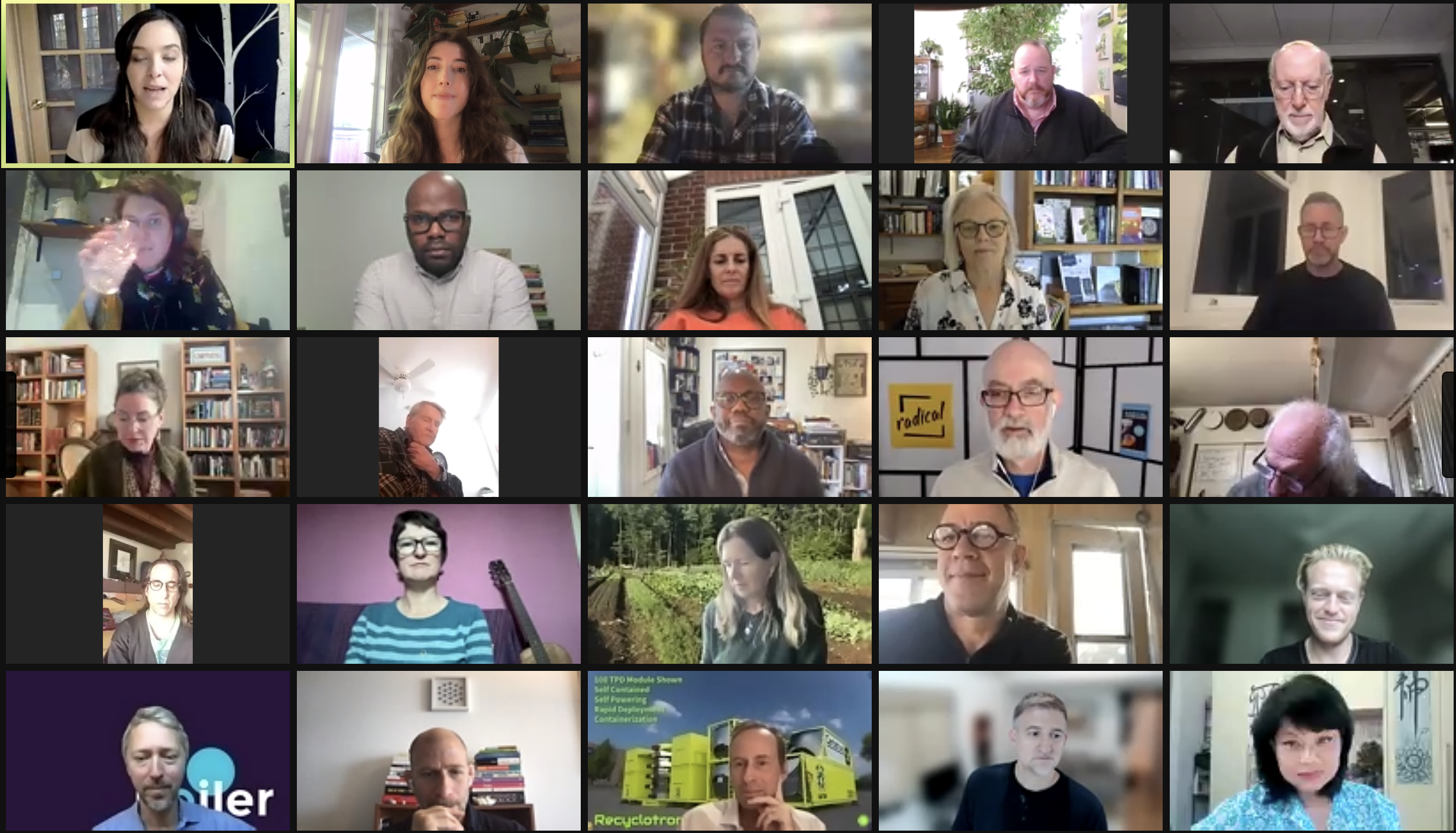
Sharing models for community resilience at Open Future Forum

In October, we hosted the inaugural Open Future Forum, a three-day virtual symposium that acted as a culmination of working groups we facilitated throughout 2022 in areas like Regenerative Agriculture & Food Systems, Regenerative Water, Climate Action, and Funding the Transition.
We brought together 300 solutionaries, funders, policymakers, media makers, activists, community leaders, social systems architects, and technologists from 36 countries to explore models and opportunities for forging more resilient communities. Our daily themes included Civic Infrastructure, Energy, & the Built Environment; Hunger, Food Systems, & Nutrition; and Ecorestoration & Climate Action.
We look forward to continuing to build upon this initial frame with invitations to design sprints that emerged from these sessions in the coming year.
THE NUMBERS

Growing regional resilience with the Center for Regeneration

The Center for Regeneration emerged out of our partnership with NCA&T (the largest Historically Black University in the U.S.) to close institutional gaps and advance more equitable, resilient food systems in the U.S.
Using the Open Impact platform, we're facilitating member institutions to track their efforts more effectively and align with additional private and in-kind funding to unlock public funds and restore resources to local communities. Today, there’s a nearly 50% disparity in the allocation of matching funds between predominantly white institutions and black and tribal ones, and we hope to close this gap.
Member organizations may be public or private institutions, funders, nonprofits, or private enterprises willing to contribute reported impacts, funding (public, private, or philanthropic,) or in-kind (land, facilities, or services) to support the membership. Members gain access to shared infrastructure, in-kind resources, project support and development, and fiscal and philanthropic sponsorships.

Funding regional resilience with Local Impact Capital

In response to growing inequities in access to public funding, Local Impact Capital was formed to more effectively align private and in-kind funding to unlock public funds and restore resources to local communities.
The first project of Local Impact Capital is a program to close gaps in food system infrastructure funding in the U.S. by supporting the work of small farms, food, and agricultural producers. We will achieve this by growing the non-federally funded capacity of public entities and local lending institutions to fund agricultural, community, economic, and educational development, while matching each project with available federal matching funds and loan guarantees.

Exploring new models for ecosystem funding with Open Future Fund

Open Future Fund emerged out of our ongoing inquiry into how to best transition our existing systems of value to align with the thriving of all life. Our proposition includes shared infrastructure; delivery of the right forms of capital at the right time in the project lifecycle; de-risk and resilience through ecosystem funding models; and tools to support the measurement and emergence of new forms of value.
As much a framework and infrastructure as a fund, we encourage partners to not only contribute directly, but to apply the model in the formation of their own funds, or leverage our network and infrastructure to power and transform existing ones.
An exciting initial use case is our partnership with El Puente and the TreeAngle Foundation to support an indigenous-stewarded model of reciprocity and regeneration. The model begins with participatory planning and reparations, followed by grantmaking and investments into indigenous owned and operated projects in ethnobotanics, ecological restoration, environmental education, and community resilience.
In the New Year, we will be launching our initial advisory circle and offering memorandum for those who wish to contribute directly in the formation and governance of the broader infrastructure.
If you have found value in our efforts this year, we invite you to support our ongoing work with a tax-deductible donation. The community and the tools we have built have been philanthropically funded, and our collective investment in our shared vision and infrastructure will continue to allow us to thrive.

